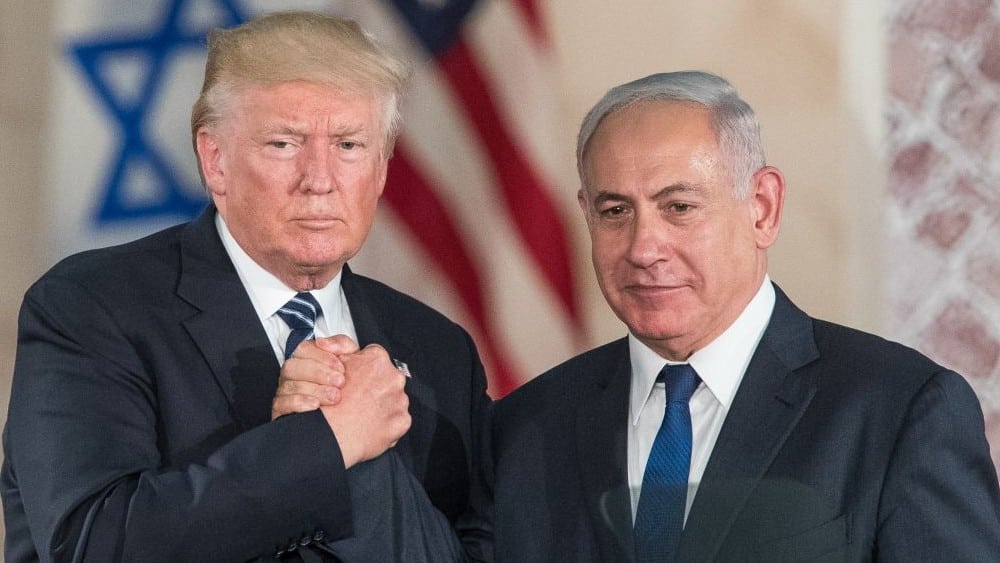In 2002, the Bush administration was met with scant resistance from the mainstream media or wider establishment as it drummed up the case for toppling Saddam Hussein’s regime in Iraq. But there were a handful of dissenters, above all Brent Scowcroft. The two-time former national-security adviser (under Gerald Ford and George H. W. Bush) urged the nation to consider the law of unintended consequences — and to open its imagination to nightmare scenarios.
A similar imagination is desperately needed today, as hawks in Washington and Jerusalem gleefully fantasize about collapsing the Iranian regime. It’s a bewildering replay of the same overconfidence that gave birth to the Iraq catastrophe — with some of the same figures who pooh-poohed counsels of caution and restraint back then doing the same thing today.
An invasion of Iraq, Scowcroft argued early on, would distract Washington from the pursuit of Osama Bin Laden and al-Qaeda, the actors behind 9/11. Drawing on his experience as the elder Bush’s adviser during the Gulf War, he warned that regime change would mean “occupation of an Arab land, hostile Arab land”. Not for months, but for years. In short, Scowcroft predicted everything that went wrong with Operation Iraqi Freedom.
The war’s advocates quickly dismissed his warnings. Reuel Marc Gerecht, the ex-CIA officer turned uber-hawk writing in 2002 in the now-defunct Weekly Standard, insisted that “these fears for the war on terrorism are unfounded”. While William Kristol, speaking to the New Yorker in 2005, “laughed” about Scowcroft’s emphasis on foreign-policy realism and Middle-East stability: “When things go bad, realists look good, until things look really bad.”
By the time Kristol made those remarks, optimism about regime change in Iraq had begun to curdle. An insurgency, incipient at the time, would grow to expand Iran’s influence in Iraq and give rise to what became the Islamic State. This new jihadist group would go on to carve a vast swath across Iraqi and Syrian territory, massacring and enslaving Iraq’s Christian and Yazidi communities, and prompting America to extend its presence in the region, where it remains still.
More than two decades on, all but a few unreconstructed war boosters consider the project a costly, colossal mistake. Contra Kristol et al, the realism of Scowcroft — his anticipation of potential nightmare scenarios — was on the money. Yet here we are, in 2025, poised to attempt the same in Iran: a country that is vaster, more populous, and significantly more complex than Iraq. And we’re doing it with even less planning and forethought.
Over the weekend, according to Axios, the Israeli government formally requested that the United States intervene in its operation against Iran. This comes despite insistence from some Israeli hawks that their state doesn’t need US assistance — and, indeed, should learn to go without it, since American taxpayer money means American constraints on Israeli action. But whether or not Washington joins the fight, it will inevitably be drawn into the vexing aftermath.
Should Israel continue on its current trajectory, including the targeting of the Islamic Republic’s civilian and energy infrastructure, it will break the Iranian state. But the Israelis are neither capable of, nor inclined to, pick up the pieces afterward. Rather, they will “internationalize” the problem. Which means: Uncle Sam, roll up your sleeves.
Fair Use Excerpt. Read the whole article here.

